
Dallas Mayor Eric Johnson has formed the Mayor’s Task Force on Homelessness Organizations, Policies, and Encampments (HOPE).
Using a data-driven and evidence-based approach, the HOPE Task Force will be responsible for finding, developing, and recommending concrete solutions to reduce homelessness and encourage healthier and safer communities in the city.
The City of Dallas has made major strides in its homelessness response in recent years, but Mayor Johnson would like to accelerate this progress and work to increase collaboration and cooperation within the region. The HOPE Task Force will also be asked to assess the current strategies, policies, and organizations aimed at reducing homelessness and make actionable recommendations to city and regional leaders.

To lead the HOPE Task Force, Mayor Johnson appointed three co-chairs who have worked in the city on housing, shelter services, healthcare, and treatment issues.
- Peter Brodsky, Chair of Housing Forward
- Betty Culbreath, Chair of the Dallas Housing Authority and the former director of Dallas County Health and Human Services
- Ellen Magnis, President & CEO of Family Gateway
Mayor Johnson also announced the following seven individuals will be part of the Task Force:
- Obie Bussey, Executive Director, Adult Rehabilitation Ministry (ARM)
- Darilynn Cardona-Beiler, Vice President of Systems Integration and Policy Implementation, Meadows Mental Health Policy Institute
- Judge Glock, Director of Research and a Senior Fellow at the Manhattan Institute
- Larry Gordon, Chief of Public Safety and Field Operations of Downtown Dallas Inc. and a retired Dallas police sergeant
- Ikenna G. Mogbo, Chief Housing Officer, Metrocare Services
- Daniel Roby, CEO, Austin Street Center
- Dave Woodyard, President & CEO, Catholic Charities Dallas

The Mayor said he wanted to go about the city homelessness issue with the “Kitchen Sink Approach” as he did with the Dallas Police Department with the Violent Crime Reduction Program.
Mayor Johnson announced his intention to form a homelessness task force during his State of the City Address late last year. In that speech, the mayor said that “Dallas is a city of love and empathy. But we’re also a city that cares about health and safety and respects our residents who simply want to walk to work or into one of our public libraries without being accosted and without fear.”
Mayor Johnson said Thursday that he wants to take the same “kitchen-sink” approach to addressing homelessness that he has taken to improving economic development and public safety. Through this approach, Dallas has added $14 billion in new development in the past four years and recently became the only top 10 American city to achieve two consecutive years of year-over-year violent crime reductions in every major category.

On homelessness, Dallas is currently participating in a regional Real-Time Rapid Rehousing program, which has helped rehouse nearly 2,000 people who were experiencing homelessness. But Mayor Johnson wants the HOPE Task Force to focus primarily on what to do about those who remain unhoused and unsheltered for various reasons.
“I am proud of the work already done by our city and our partners to address homelessness and care for our most vulnerable residents,” Mayor Johnson said. “But it is clear that people who are experiencing chronic homelessness continue to seek shelter on our streets, our sidewalks, and our underpasses that are filled with tents, sleeping bags, and waste.”
“We cannot afford to accept our progress to date as ‘good enough,’” Mayor Johnson added. “We still have more work to do, and together, with the help of the HOPE Task Force, we will ensure that Dallas is addressing homelessness in a way that is smart, compassionate, and considerate of the health, safety, and quality of life of all of our residents and businesses.”
The mayor has set a deadline of June 15 for the group to deliver a report containing its recommendations to the Office of the Mayor. Once it has completed its work, the Task Force will disband.
The strategy is identical to the one that Mayor Johnson employed for his Mayor’s Task Force on Safe Communities, which produced four community-based public safety program recommendations that were later funded and supported by the Dallas City Council and by Dallas ISD.

To help guide the HOPE Task Force’s work, Mayor Johnson has provided the co-chairs with 12 major questions that he wants them to answer as part of its discussion of policy recommendations:
- What should be the baseline for comparison when assessing whether homelessness is increasing or decreasing in Dallas? Now, compared to that baseline, is homelessness increasing or decreasing in Dallas?
- How do the homelessness population and population trends in Dallas compare to other major cities in Texas and in the United States?
- If homelessness is increasing in Dallas, what are the root causes driving the increases?
- Mental health issues and/or substance abuse?
- Family issues, such as domestic violence or LGBTQ+ youth?
- Economic and financial distress, such as a lost job?
- Criminal backgrounds, such as a recent release from jail or prison?
- Other factors?
- Who makes up Dallas’ population of people experiencing homelessness?
- What percentage of the homelessness population is driven by each root cause?
- What percentage of the unsheltered homeless population is driven by each root cause?
- Where is the city’s homeless population coming from? Dallas, or other cities?
- Which organizations in the continuum-of-care in the Dallas region currently address each type of homelessness based on the various, previously identified root causes?
- What resources are required to handle each type of homelessness? (For example: shelter beds, mental health beds, and supportive housing).
- Are those resources currently available in Dallas?
- How are those resources deployed in Dallas?
- What could and should the following entities be doing to address each type of homelessness based on the various, previously identified root causes?
- The City of Dallas
- Neighboring cities
- Dallas and Collin County and their respective health departments
- Medical institutions
- Nonprofit organizations
- What models exist nationally for cooperation between the aforementioned entities?
- What entities, if any, in the current response system are superfluous, duplicative, or ineffective?
- What legal tools exist (e.g. city ordinances, City Charter, state or federal laws) to deal with the various types of homelessness, based on the previously identified root causes, and any related public safety and public health challenges?
- What strategies that are not currently being implemented — or have not been fully implemented — in Dallas have proven effective in other cities across the United States?
- What opportunities exist to engage and cooperate with the county, state, and federal governments?

The HOPE Task Force is a volunteer group of private citizens and is not a formal city entity. The co-chairs will consult with public agencies and are encouraged to use any available private resources to further their discussions, research, and policy development.
The Task Force’s work will begin immediately.


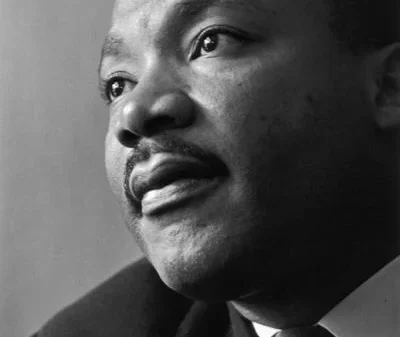
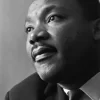
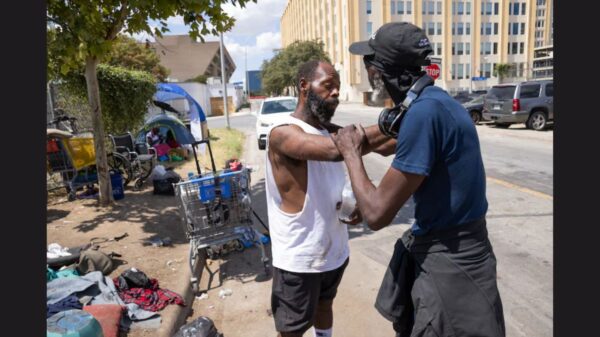
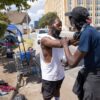
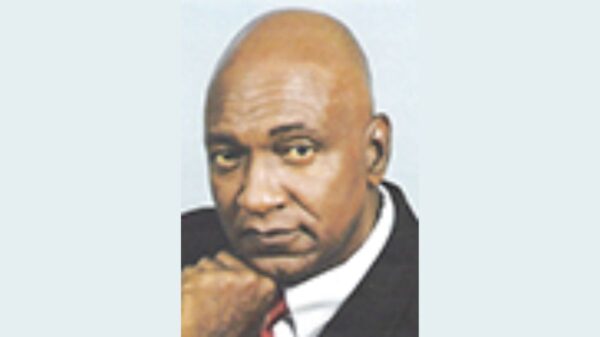



You must be logged in to post a comment Login